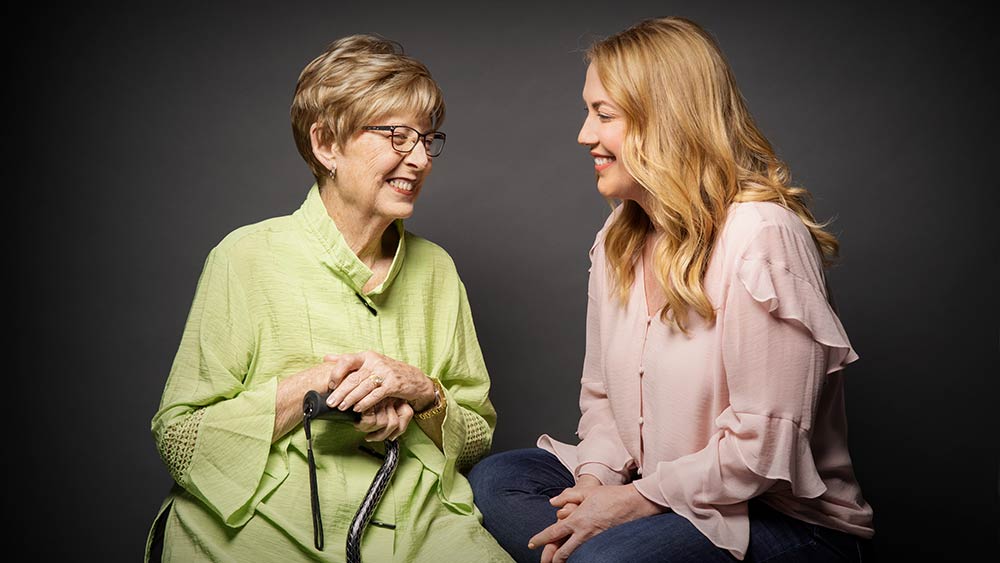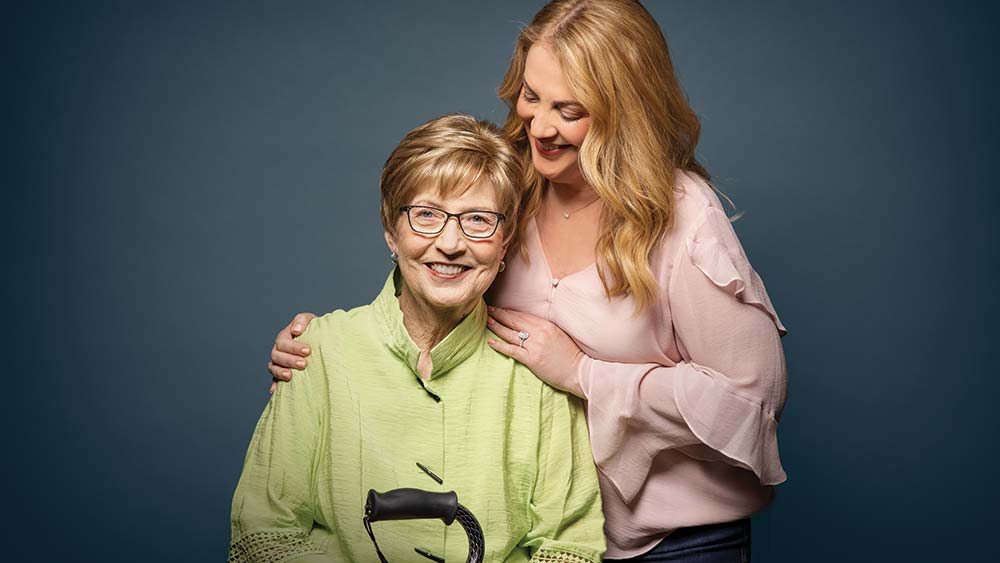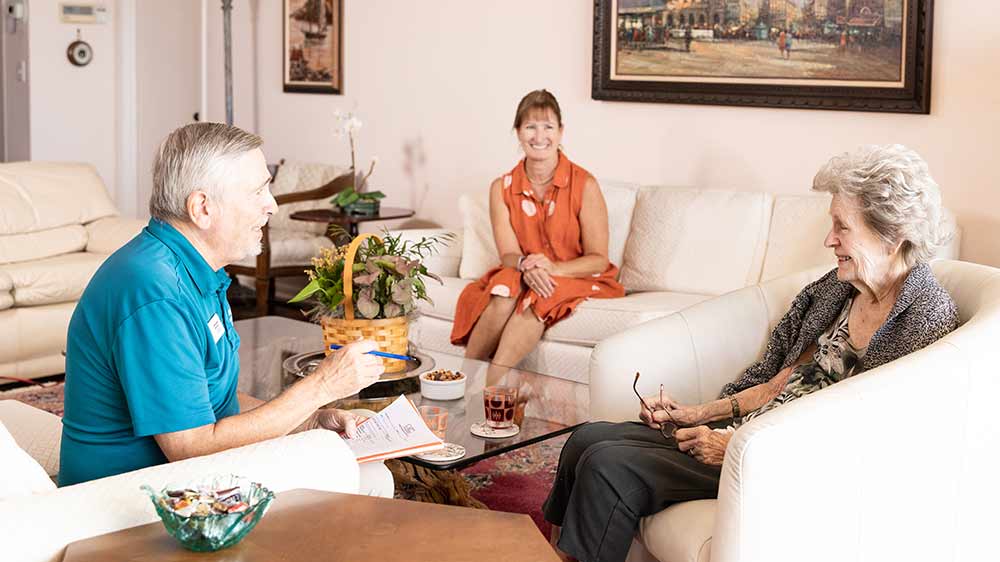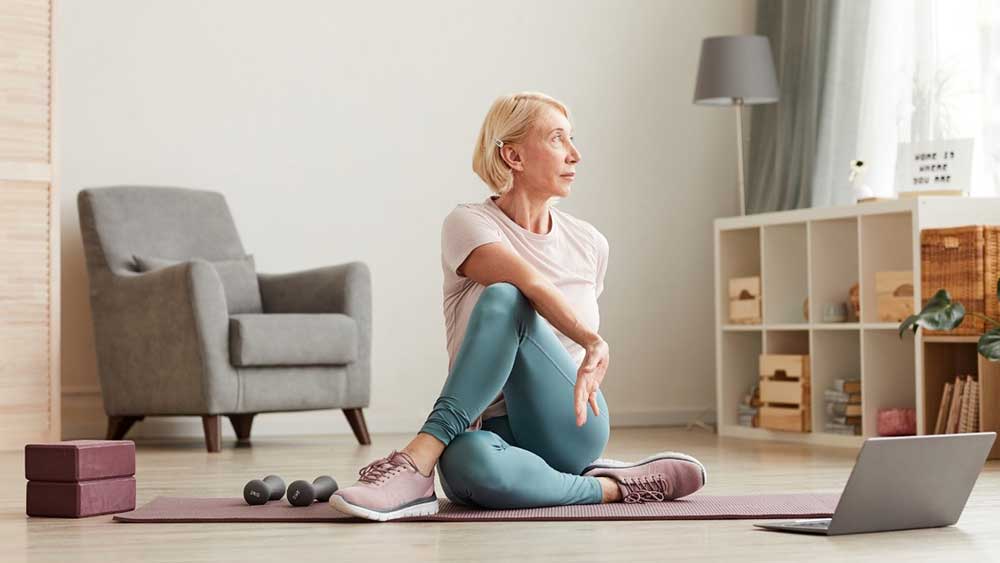

Mindfulness and Self-Care Are Vital for Senior Caregivers
Being an effective caregiver to a senior means being mindful of not only your loved one’s health, but also your own well-being. The adage that you can’t take care of anyone else unless you first take care of yourself should resonate with anyone who assumes the caregiving role. Attending to another person’s needs, especially a family member with all the emotions and issues that accompany that relationship, is a lot of responsibility and, yes, stress. The extent to which caregiving feels like a burden or a blessing is in direct proportion to the self-care you do for yourself. If you don’t make time to ensure the health of your own mind-body-soul, then you shouldn’t be surprised if your mental-physical-emotional health suffers in the process of trying to be Superman or Superwoman.
Proactive Mindfulness Helps Well-Being Of Family Caregivers
For some family caregivers, medical studies correlate an increased risk of hypertension and other health problems such as depression and anxiety due to caregiving. But those findings are tempered by the fact that you can take proactive steps to promote and maintain your own good health, which will benefit both you and the senior in your care. A healthy body and mindset go a long way in making you feel better physically and emotionally. There is evidence that being mindful of your own well-being will help you see caregiving as a pleasure rather than a painful experience. With better health comes more energy and alertness as well as a feeling of calm and positivity, which can only mean a better experience for the senior in your charge.
Positive Feedback Is Good for the Soul
Johns Hopkins researchers confirm that caregiving can lead to high blood pressure in some cases and that the demands of family caregiving are undeniably taxing in most instances. But they also found that repeatedly tending to others may also extend your life span and curb the incidence of certain diseases. Studies indicate that many caregivers report enhanced self-esteem, recognition and gratitude from the positive feedback they get from their care recipients. And who doesn’t like feeling appreciated?
Activities That Reduce Stress
As a caregiver, it’s important that your self-care regimen includes breaks and activities that induce serenity, contentment and joy. Exercise is a proven stress-buster. Walking, running, swimming, weight training, tai chi, and yoga are just some of the things you might do to stay fit, reduce stress and generate serenity. Meditation and breathing exercises, listening to or playing music, and being out in nature can also be calming activities. A pet companion can have the same effect. Anything really that gets you out of your head and brings you bliss is advised. The more you can freely engage in personal daily living and social activities, rather than feeling restricted by your caregiver role, the better your caregiver experience and health will likely be. To obtain that sense of freedom may mean devising a schedule that accommodates those needs and arranging for assistance from family, friends or professionals so you can get a break.
Eating your favorite foods, as long as you don’t overindulge, can be another soothing thing to do. Bottom line: Don’t neglect eating well. Keep up with all your meals and nutritional needs. But don’t make the mistake of coping with your stress by eating a lot of junk food. The fix you get from high fat and sugar intake or other negative coping strategies now will only come back to bite you later.
Take Time for Yourself
Mindfulness and making time for things you enjoy are associated with reduced blood pressure and depression. If you can find a way to integrate a healthy balance in your personal life while doing the work of a caregiver, then you won’t feel frustrated that you are missing out on life.
Make getting your recommended medical checkups and tests a priority as well. When engaged in caring for others, it’s all too easy to ignore your own health, which is exactly what some caregivers report doing, and not surprisingly, they suffer the effects.
Enlisting Help
In order for you to not feel overwhelmed, it’s important that you ask for help rather than try powering through and assuming the entire load alone. A local community senior program or a professional in-home care aide may be just the answer. Or perhaps a trusted family member or friend could provide the respite care you need so you can get out and de-stress. A sure sign that you are suffering from or on the verge of burnout is feeling trapped or hopeless or resentful. Better to address your unease and distress immediately rather than let it build up or fester.
When navigating something as all-consuming as caregiving, it’s critical to have a support network to call on for advice, backup and encouragement. A sense of isolation can contribute to negative thoughts that, in turn, can trigger or heighten depression and anxiety.
Your Attitude Matters
No one ever said caregiving is easy. It’s not. But taking on that role doesn’t have to be a downer that adversely affects your mood and lifestyle or that raises your blood pressure. Your attitude and actions make a big difference in just what caregiving will mean to you and to your well-being. Making the best of it doesn’t have to mean toughing it out either. You have at your disposal tools and resources to make it a fulfilling experience for you and for the elder in your life. Finding the right perspective, balance and relief is within your grasp if you are intentional about it.
How Right at Home Can Help
Right at Home’s respite care can be a wonderful resource. Our compassionate caregivers are screened, trained and matched to the interests and personality of your loved one. They can step in so you can step away and recharge, catch up with a friend, grab a cup of coffee, or even take a well-needed and well-earned nap. Whether you need just a few hours or respite care for the entire day, your loved one will be in good hands. Contact your local Right at Home today and ask for a FREE in-home consultation.
Caring Right at Home is a monthly email newsletter that provides information, advice and support for older adults and family caregivers. Sign up to receive this important resource.







